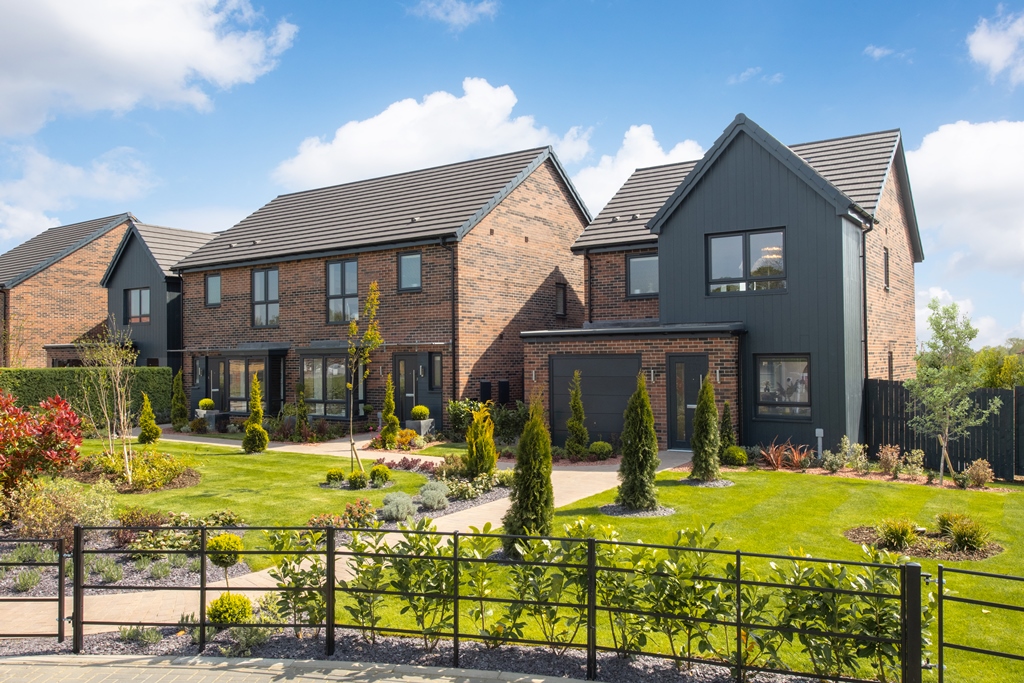Bellway is setting up a timber frame production facility in Mansfield under the brand Bellway Home Space. Its first homes are expected to be produced in mid-2026.
Currently, Bellway uses timber frames for just 12% of its homes. It is targeting an increase in timber frame use to around 30% of housing output by 2030.
Group chief executive Jason Honeyman explained: “As part of our long-term growth strategy, we are increasing the use of sustainably sourced timber frame construction across the group. Timber frame construction offers a proven range of operational, financial and environmental benefits, and we have been expanding its use, on a trial basis, in several Bellway divisions in recent years, in addition to its long-established use in our two Scottish divisions.”
He continued: “As a modern method of construction (MMC), the use of timber frame in housebuilding is of growing importance in the UK, and the government is supporting the increased use of MMC as part of its plans to increase the supply of high-quality, sustainable new housing.
“We expect to generate a range of benefits from the use of timber frame in the years ahead and this has been corroborated from our onsite trials. These include faster build speed, reduced waste and improved construction quality, as off-site manufacturing can drive higher levels of quality control and consistency compared to traditional construction methods. In turn, these build efficiencies should support improvements in the group’s asset turn, together with strengthening customer care scores. Compared to other mainstream building materials, timber requires minimal processing and has very low relative levels of embodied carbon.”
He said that Bellway Home Space will have the capability to manufacture open-panel systems, together with pre-insulated closed-panel systems, where both insulation and the inner sheath are assembled within the factory environment.
“We currently expect to produce our first homes from the facility in mid-2026, with a gradual increase to full capacity of up to 3,000 homes per annum by 2030,” Honeyman said. “All management, manufacturing and materials control will be undertaken by Bellway, ensuring the group benefits from its overall investment in the factory and machinery, while also providing the opportunity to innovate product and control costs.”
The timber frame drive was revealed as Bellway published its financial results for the year to 31st July 2024. Total revenue was down 30% to £2,380m (2023: £3,407m) and pre-tax profit was down 62% at £183.7m (2023: £483.0m).
Total housing completions during the year reached 7,654 homes (2023: 10,945), at an overall average selling price of £307,909 (2023: £310,306).
If market conditions remain stable, Bellway targeting to deliver completions of at least 8,500 homes in the current financial year.
On the financials, Jason Honeyman said: “Bellway has delivered another resilient performance despite the challenging operating conditions during the year. While a lower order book at the beginning of the financial year drove the reduction in the number of housing completions, customer demand through the second half benefitted from a moderation in mortgage interest rates which has eased affordability pressures and supported an increase in reservations.
“The combination of these improving trading conditions and our strong outlet opening programme has generated a healthy increase in the year end order book. As a result, we are well-placed to deliver a material increase in volume output in financial year 2025.”

